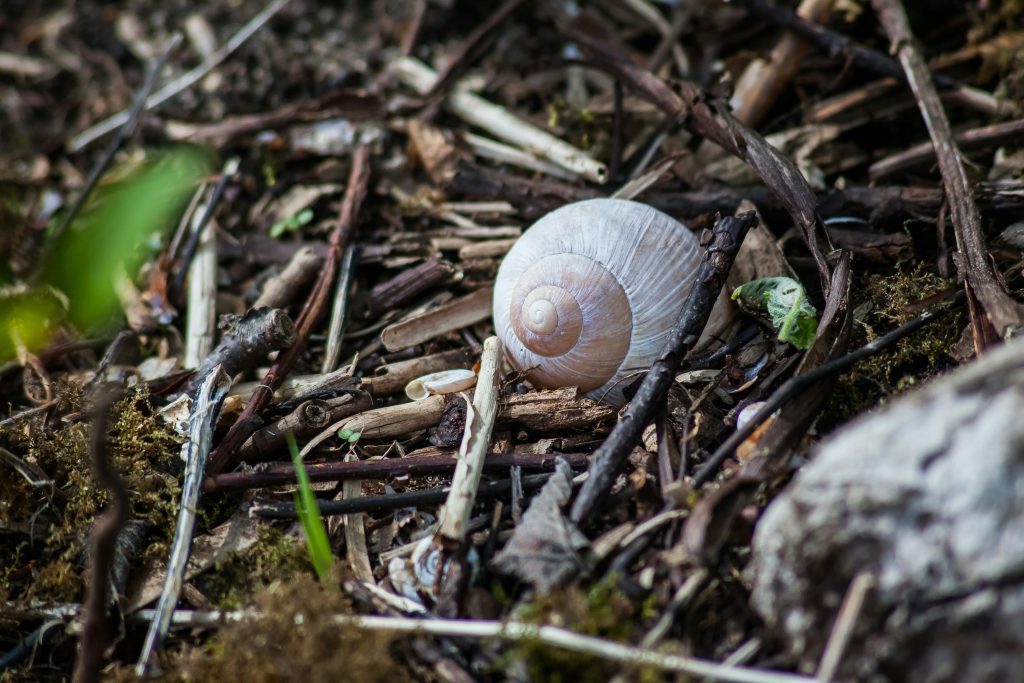If you’re raising snails, be it for farming, or garden benefits, you know that feeding them the right diet is non-negotiable.
But have you ever considered using compost for snails?
It’s a game-changer.
Compost isn’t just for plants, it’s packed with nutrients that snails love. Plus, it’s sustainable, cost-effective, and mimics their natural diet better than many processed feeds.
Why Compost is a Superfood for Snails
Snails aren’t picky eaters, but they do need the right nutrients to grow strong and healthy.
Compost provides:
- Calcium – Essential for shell development.
- Protein and Fiber – Supports growth and digestion.
- Beneficial Microbes – Aids gut health.
- Moisture Retention – Helps snails stay hydrated.
Unlike artificial feeds, compost is natural, chemical-free, and closer to what snails eat in the wild.
How Compost Compares to Other Snail Feeds
| Feed Type | Pros | Cons |
| Commercial Pellets | Convenient, balanced nutrients | Expensive, may contain additives |
| Fresh Vegetables | Natural, easy to find | Lacks some nutrients (like calcium) |
| Compost | Rich in nutrients, sustainable | Requires preparation |
🏆 Compost wins because it’s nutrient-dense, eco-friendly, and cheap (or even free if you make it yourself).
The Best Types of Compost for Snails
Not all compost is equal. Some types are perfect for snails, while others can be harmful.
Safe & Nutritious Compost for Snails
1. Vegetable & Fruit Waste Compost:
- Made from kitchen scraps (carrot peels, lettuce, cucumber ends).
- High in fiber and moisture and easy for snails to digest.
2. Leaf Litter Compost:
- Decomposed leaves (oak, maple, banana leaves).
- Rich in microbes and minerals, great for snail health.
3. Mushroom Compost:
- Contains fungal matter, which snails love.
- Boosts protein intake, helping growth.
❌ Compost to Avoid
- Manure-Based Compost – Too high in ammonia, can harm snails.
- Compost with Pesticides – Toxic residues can kill snails.
- Citrus/Onion Compost – Too acidic, can irritate snails.
💡 Pro Tip: Always use well-aged compost (at least 2-3 months old) to avoid harmful bacteria.
How to Prepare Compost for Snails
You can’t just dump raw compost into a snail enclosure.
Here’s how to prepare it safely:
Step 1: Ensure Full Decomposition
- Compost should be dark, crumbly, and earthy-smelling.
- If it’s still steaming or smells sour, it’s not ready.
Step 2: Break It Down
- Snails prefer soft, fine-textured compost.
- Sieve out large chunks or blend it lightly.
Step 3: Sterilize (Optional but Recommended)
- Spread compost on a tray and bake at 170°F (77°C) for 30 minutes late to kill pathogens.
- Or solarize it by leaving it in direct sun for a week.
Step 4: Mix with Other Foods
Combine compost with:
- Crushed eggshells (for calcium)
- Fresh greens (like lettuce or kale)
- Oat bran (for extra protein)
This creates a balanced snail diet.
Feeding Techniques for Maximum Benefits
Now that your compost is ready, how do you feed it to snails?
✔ Best Practices
- Spread thinly on a flat dish to prevent mold.
- Moisten lightly (snails prefer damp food).
- Replace every 24-48 hours to avoid spoilage.
❌ Common Mistakes
- Overfeeding → Leads to mold and pests.
- Using moldy compost → Can make snails sick.
- Ignoring snail preferences → Some snails avoid certain compost types.
Observation is key. If snails avoid the compost, try a different mix.
Benefits of Feeding Snails with Compost
Why should you go through all this trouble?
Well, you should because compost-fed snails:
- Grow faster (thanks to high nutrient density).
- Have stronger shells (from calcium-rich compost).
- Produce better eggs (healthier breeding stock).
- Improve enclosure soil (natural waste recycling).
It’s a win-win for snails and the environment.
Potential Risks of Feeding Compost to Snails and How to Avoid Them
Compost is great, but there are a few dangers:
⚠ Mold & Fungus
- Solution: Don’t overfeed your snails and remove uneaten compost daily.
⚠ Pesticide Contamination
- Solution: Only use compost from organic sources.
⚠ pH Imbalance
- Solution: Test compost pH (snails prefer 6.5 to 7.5).
Bottom Line
Using compost to feed snails is smart, sustainable, and effective.
It:
- Saves money
- Boosts snail health
- Reduces waste
Start small, observe your snails, and adjust as needed. Soon, you’ll see faster growth, stronger shells, and happier snails.
